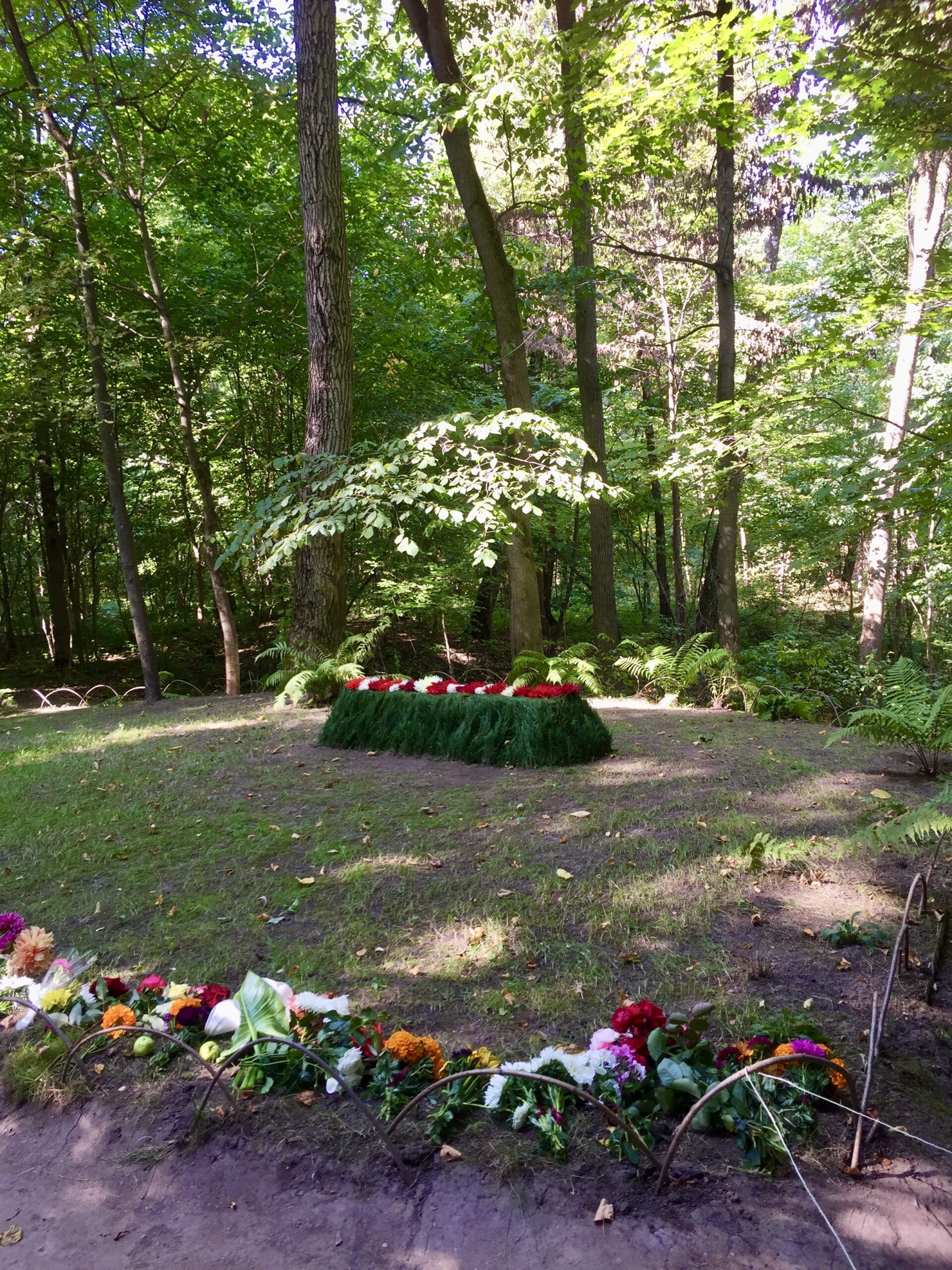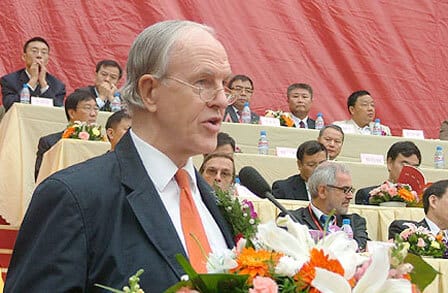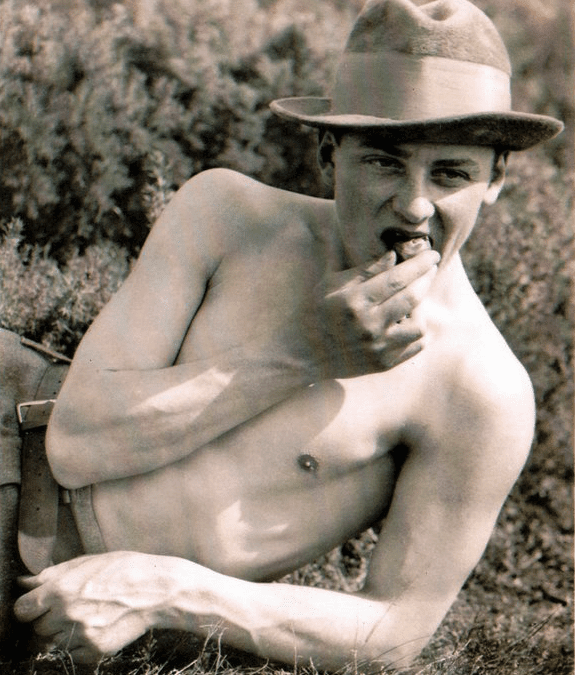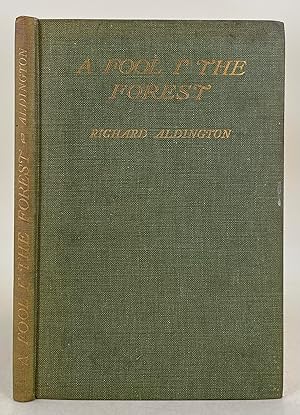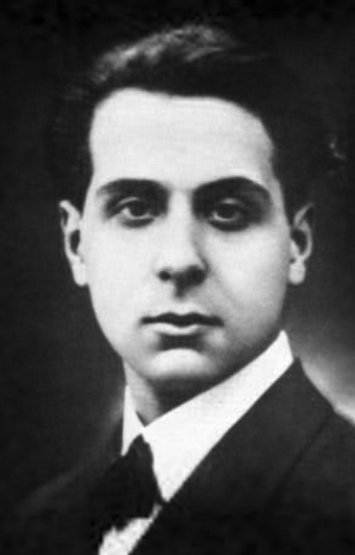I gave the following speech on the occasion of the 190th anniversary of Lev Tolstoy’s birth, 9th September 2018, to a gathering at Tolstoy’s birthplace and estate, Yasnaya Polyana, near Tula, 100 miles South of Moscow.
I want to say two things.
First, how excited I am to be here, for the first time in my life in Yasnaya Polyana, on a round-numbered anniversary of Tolstoy’s birth. The history of such anniversaries here is extraordinary. From the centenary in 1928, when Lunacharsky established the new Soviet attitude towards Tolstoy in the presence of his daughter Alexandra, through the hundred-and-fiftieth in 1978, when Yasnaya Polyana was given the Order of Merit, through to today, each anniversary has refracted Tolstoy through the prism of the current political and social concerns. How could it be otherwise? Tolstoy wrote about, to and for Russia, and told it how to be better; Russians, and those of all nationalities, must respond to him differently according to their own changing circumstances.
It is an enormous privilege to be here now, when, it seems to me, Russia is perhaps as optimistic and at ease with itself as it has been on any of these anniversaries – and to stand here as one of a long line of pilgrims from England to Yasnaya Polyana. May such anniversary celebrations, and such pilgrimages, continue for as long as people can read.
Second, I don’t know if it is me getting older – if so, it is one of the many things that I like about getting older – but I find that over time I retain all my interest in Tolstoy’s early and middle period works, whilst gaining interest in, and sympathy for, the late Tolstoy.
He came, very painfully and very honestly, to the perception that his time was out of joint. He didn’t just experience what Shklovsky calls ‘ostranenie’ from the theatre (as he presents through Natasha’s perceptions in War and Peace),but from theological dogma, the armed services, the execution of criminals, the slaughter of animals, the marriage market, income inequality, and lust.
Not all of the things from which he was estranged, especially the last, may seem strange to me, or perhaps to any of us. We may or may not, had we lived in his time, been Tolstoyans.
But with his sensation of normality containing and ignoring profound and prolific crime, of the world being turned on its head, I am increasingly sympathetic.
This spring I became a vegan. Ever since then I have felt constant ‘ostranenie’ at the thought of the industrial-scale cruelties involved in milk, egg, wool and down production, and at the fact that they are as accepted and justified as the slave trade, and serfdom, were in their own times.
I see identity politics and human rights being used as a cover for imperialism. I see American liberals making common cause with the deep state and war-mongering interests. I see the British state, media and intellectual classes from left to right credulous of a Russophobic narrative that transparently serves imperial and military-industrial interests.
So yes, I sympathise with Tolstoy in feeling alienated from many aspects of his reality. I am grateful for the example he set, of daring to trust such sensations, and trying to do something about them.
I hope you will forgive me having made a political speech. But it is certainly what Tolstoy would have done.
Thank you for having me.
